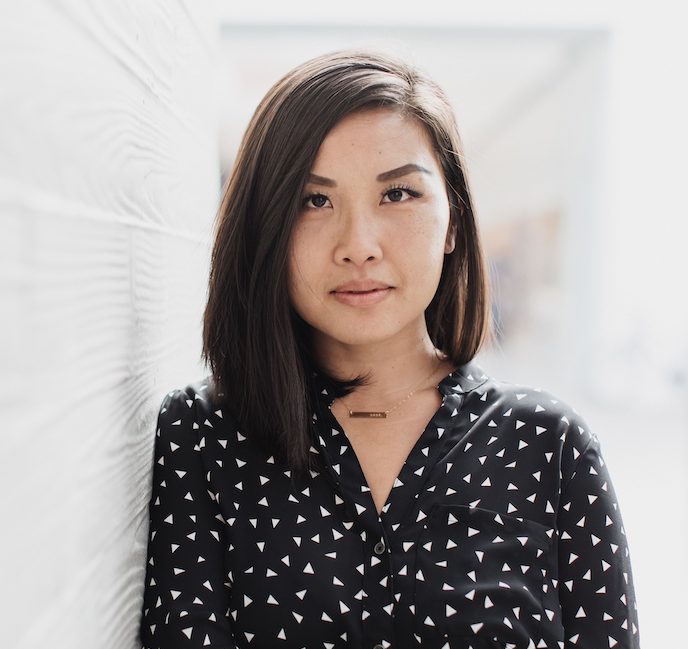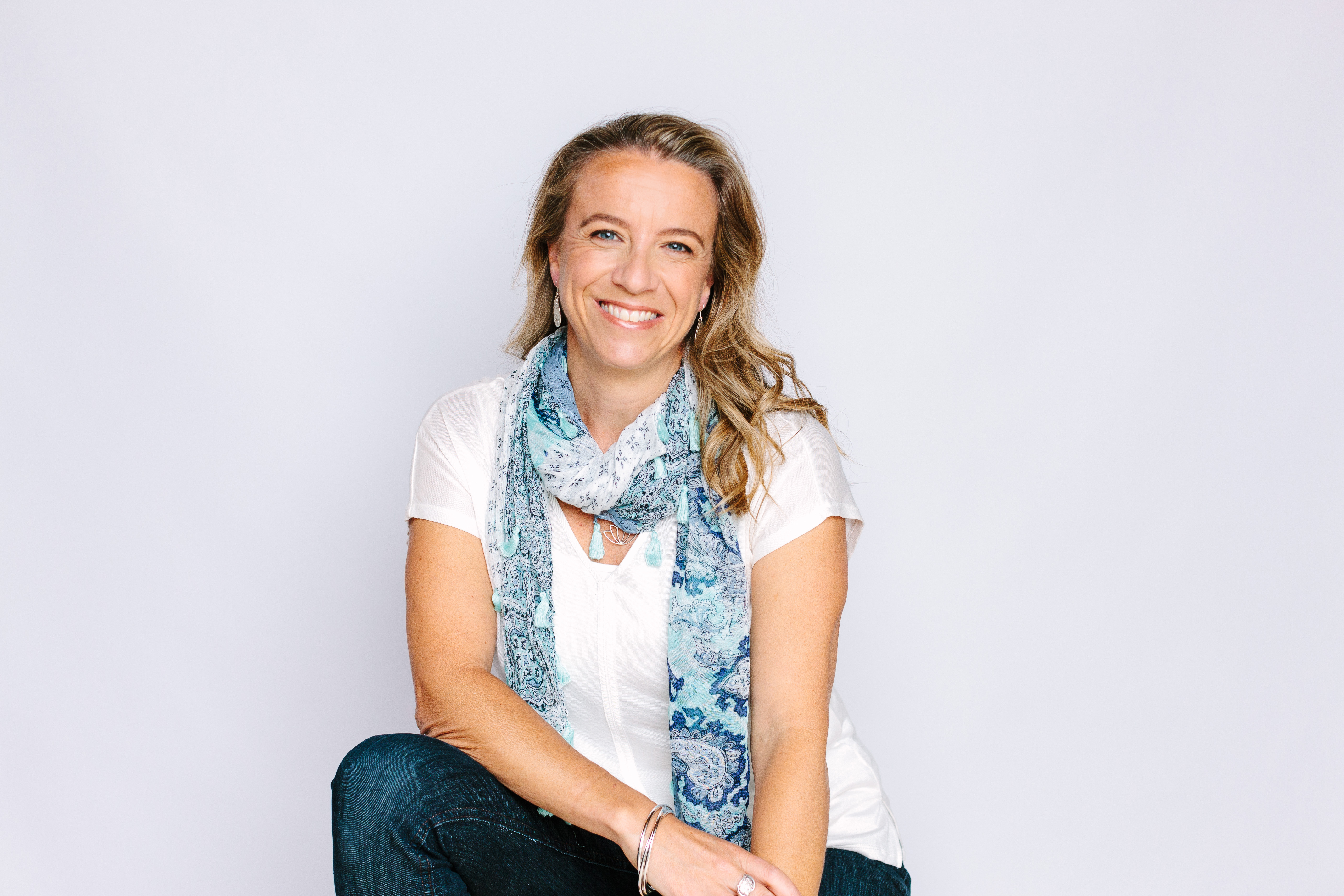Monica: It’s great to chat with you Fiona! You are such a powerhouse advocate for health professionals who are moving towards a new paradigm in health care. How did it all get started for you?
Fiona: It’s only in more recent years that I’ve been able to look back, and notice the themes that emerged from my childhood & teenage years which influenced the path I’ve been walking since then. My early interest in social justice, awareness of body image concerns & desire to “help others” have all played a part in shaping how I approach work, and life today.
As a highly multi-privileged person living in the world, I do not necessarily call upon significant personal struggles or experiences as being highly influential, but rather have been fortunate enough to hear, and be witness to, the lived experiences of those who have entrusted me with their stories. What a gift!
I’m grateful every day for the folks I’ve met who have shaped the way I now work and live in the world as we aim to shift perspectives around “health” and “wellbeing”, which can more deeply make the world a more peaceful place for every person, not just those with privilege.
Monica: It’s so important to recognize one’s privilege, and find ways to extend those same opportunities to those who may be at a disadvantage. What compelled you to take action in trying to make a difference?
Fiona: Hearing the pain in another’s experience of their body and body image, and hearing the same stories again and again about how diet culture manifests in our lives. It invited me to deeply consider how I show up in the world, and how I can use my privilege to advocate for those who are marginalised, oppressed or feel “less than” in any way.
My core values of equity & persistence, as well as an ongoing commitment to various mindfulness practices (such a meditation & yoga), have helped me stay centered in the many moments I’ve felt exhausted, overwhelmed or just wanting to run away from it all. I’m sure we can all relate!
In this way, I have really dug into bringing together different elements of my work – mindfulness, nutrition, yoga & body image healing -in ways that I hope are helpful both to the people I work with, and the training I provide in professional spaces. I’m a big believer that unless we deeply understand our own experience – both past and present – it’s very difficult for us to show up and do our best work in the world. We just burn out, and that’s no good for anyone!
Monica: I so appreciate that you brought up the importance of staying centered, how does that play into your own definition of health and happiness?
Fiona: For me “health” is very difficult to define, and is very multi-dimensional. I don’t believe it’s “one place” or “one state of being” but rather an ever-changing, evolving, dynamic experience which is highly influenced by elements out of our control (such as ageing, genetics, diagnoses, race, gender etc.) and others which seem to be in our control but often are not. That includes things such as others’ attitudes to our bodies and appearance, access to food and safe spaces, income, experiences of trauma and marginalisation.
The time I have spent with people has really taught me that the more that we can acknowledge that “health” is not available to everyone, and the pursuit of “health” (however we define it in the mainstream) can be unhelpful, if not harmful, to many people, the better position we will all be in to support our own, and others wellbeing.
In other words, if we can let go of the idea that “health” feels, looks, and is a certain way,
We will be in a much better position to actually connect with our experiences.
We can take better care of ourselves from a place of care, compassion and respect rather than striving, forcing or feeling like failures if our state of wellbeing isn’t exactly where we wish it to be. As health providers, this is super important, so we can provide ethical leadership and support to the people who look to us for guidance. And, most importantly, walk our own talk so we don’t burn out or rely on false results to see if we’re doing “good enough.”
To me, “happiness” feels like state of “being with” moments from a calm, centered place. Sometimes there’s some joy in there (bonus!) but more often, it’s a sense of presence with and acceptance of what is, a connection to moments through the lens of real human existence rather than defining it just via the joyful-happy moments. I am happiest when I’m being kind to myself and others and not taking things too seriously. Totally unironically, that’s when the joyful moments tend to turn up as well, who would have thought!
Monica: Staying connected to the way your presence impacts your own energy and of those who surround you is so important! What helps you keep it all in perspective?
Fiona: My kids are an awesome grounder. For every person that reaches out letting me know that my work is important to them, my kids will remind me that I’m very bossy and unfair. Both are probably true.
I try to keep things very real and acknowledge that my “real” is not the same “real” as someone who is dealing with difficulties or oppressions.
That’s a message I really try to infuse through all of my trainings – that first, we understand ourselves, then we can more deeply understand others. From there, we can do great work in the world from a place of greater authenticity. I’m aware that my own state of health, and life experience could change at any moment – and it has done so before – so I find that aiming to stay centered in acknowledging the scariness and inevitability of change is really helpful. I’m grateful for what I have, and accepting what may be.
Monica: I truly appreciate your call-to-action to know better and do better to help others. How does this impact your ability to do your most meaningful work?
Fiona: For me, a meaningful life is really centered around doing work that really matters, and makes a difference in the lives of people who need it the most. In my work, this means supporting Dietitians and health providers to dig into some of the tough stuff – the icky stuff that we really don’t like to talk about.
Stigma, shame, oppression, trauma – and many people ask “what’s that got to do with being a dietitian or health provider?”
Honestly? Everything.
It has been my ongoing experience that when we are willing to lean into the tough conversations, our ability to learn, grow and be present with difficulties – our own and others – expands exponentially. And from there, we can more courageously spread messages of making peace with food and our bodies. Then it’s only a short leap to world peace, am I right?
Monica: Before we go, what’s one thing that you want to tell other health professionals that will help them thrive in this world?
Fiona: Don’t wait until things are perfect to get started. Have your own back and remind yourself that people don’t actually feel inspired by “perfect,” they are inspired by real.
The magic is definitely in the “promess” –a new word I literally just made up for the value of digging into the process, and connecting with the mess that inevitably arises.
For more on Fiona, connect with her at: www.themindfuldietitian.com.au.


